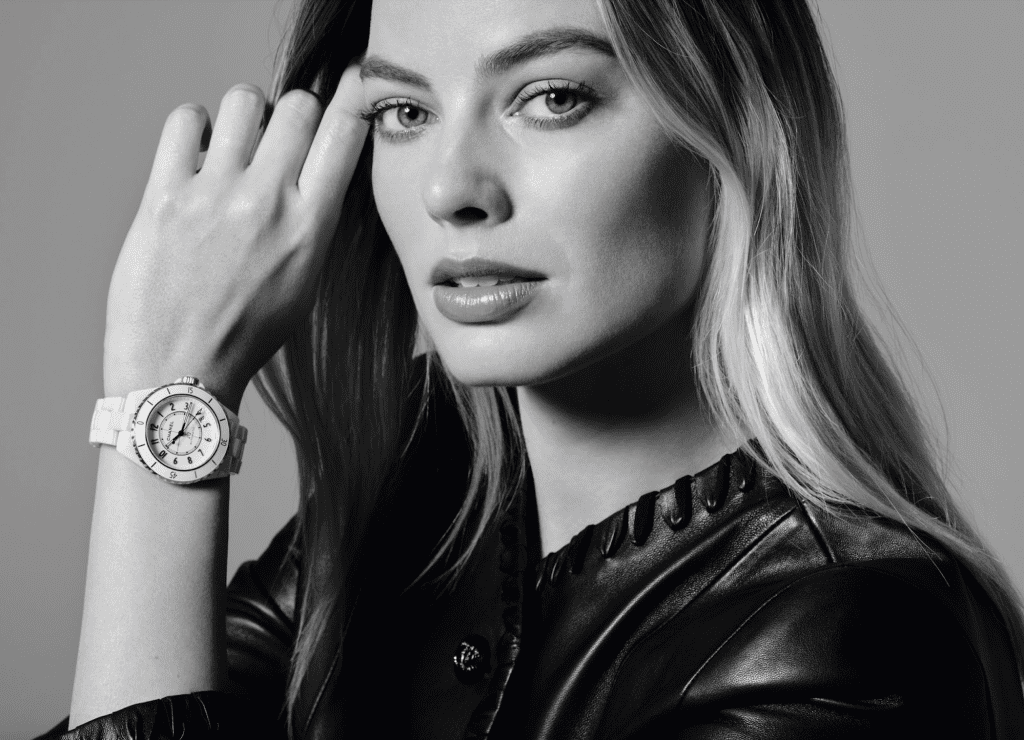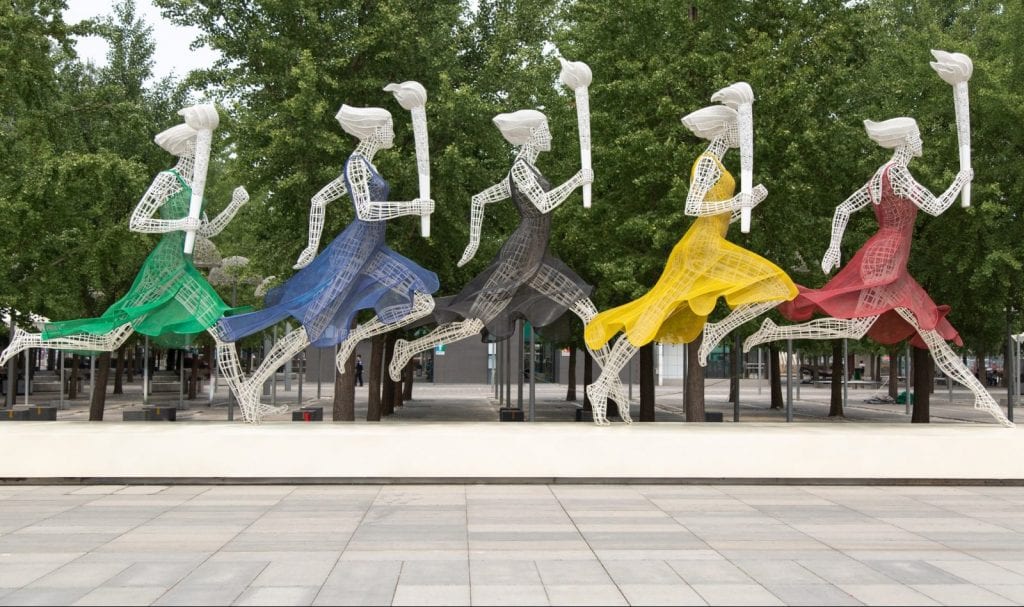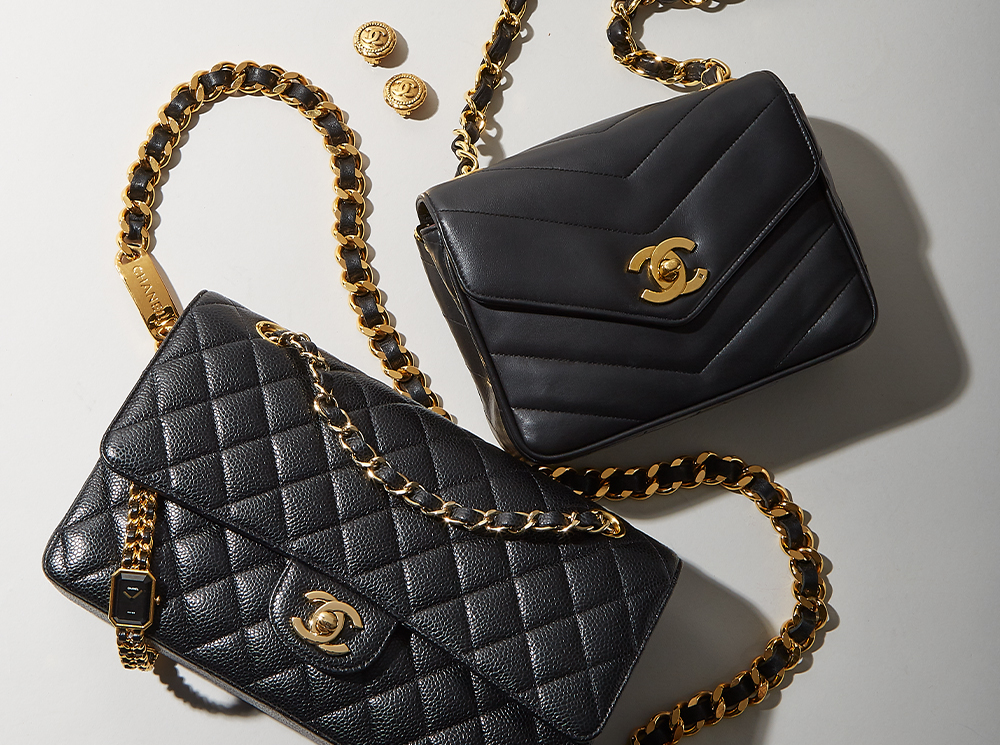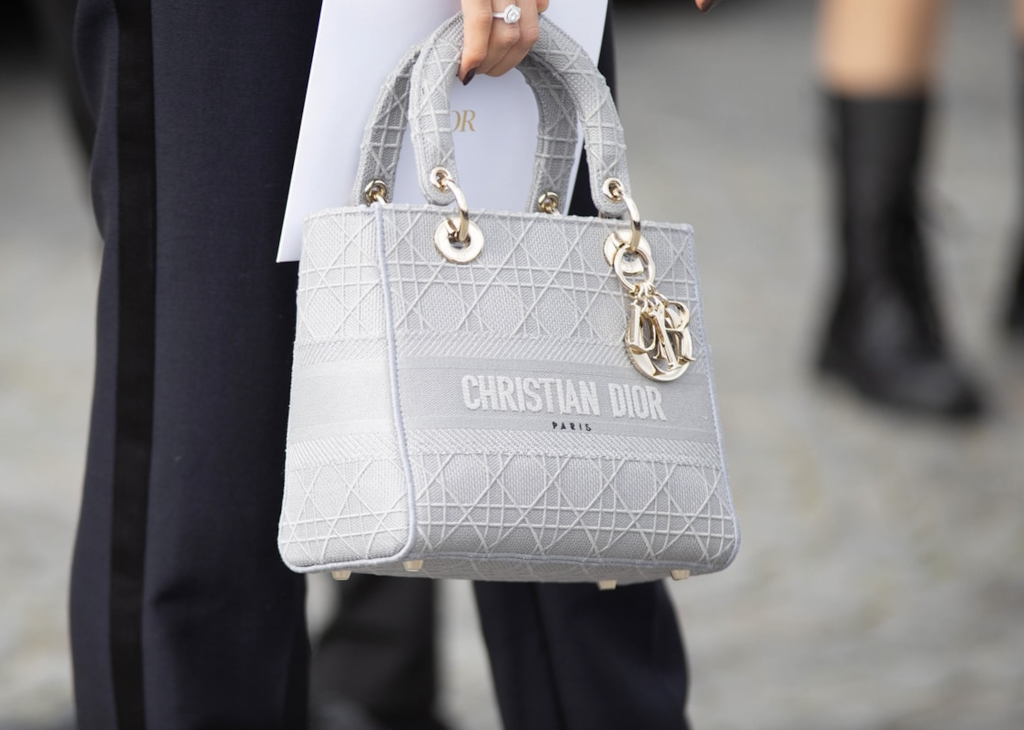In addition to their names, logos, and in some, relatively rare cases, signature colors, many well-known brands have also looked to slogans to help distinguish their products from those of others. Beginning in 2019, Chanel, for instance, has been using – and successfully amassing trademark registrations for – a slogan of its own: “It’s All About Seconds.” In many ads for its J12 watch collection, whether it be printed across sizable newspaper spreads, hashtagged in Instagram posts, or spoken in short video clips that depict models and/or ambassadors like Naomi Campbell, Margot Robbie, and Lily-Rose Depp, consumers inevitably encounter the slogan. “I think I make the biggest life decisions in a split second,” Robbie asserts in one of the French luxury brand’s video campaigns, subsequently alerting the viewer that “it’s all about seconds.”
Chanel has been able to win registrations for its slogan for use on watches in a number of jurisdictions across the globe, as has Nike for its slogan “Just Do It,” for which the Beaverton, Oregon-based sportswear titan has over one hundred different registrations, one the first of which was issued by the U.S. Patent and Trademark Office in the 1990s. Still yet, there is the well-known “I’m lovin it” mark held by McDonald’s,” which has been registered by the American multinational fast food chain on a worldwide basis, dating back to at least 2003.
While these examples, among others, may make slogan marks look straightforward from a registration perspective, that is not always the case. In fact, in a decision on June 30, the Court of Justice for the European Union (“CJEU”) rejected on appeal the application for registration of the “GO CLEAN” slogan by an Italian company manufacturing bathroom products, including “water distribution systems.” Prior to this, other decisions at the European level also denied the registrability of certain slogans, pointing largely to their lack of distinctiveness. Among them? The judgment of the EU General Court 30/04/2015 (joined cases T-707/13 and T-709/13) for “BE HAPPY” for use on stationery, giftware (cups and kitchenware), and toys. Despite the fanciful and original character of the mark, the panel of judges held that “BE HAPPY” could perform the typical and main function of the mark, namely, indicating the source of the products and/ors service to which it refers.
Similarly, in a judgment back in 2017 involving Puma (Puma/EUIPO, T 104/16), the EU General Court denied the registrability of the German sportswear brand’s “Forever Faster” mark for use on footwear and sporting goods, holding that the slogan-centric trademark would be perceived by the relevant public “as a mere laudatory formula or information about the desired qualities and purpose of the goods in question,” as opposed to as an indication of the source of those goods.
At the same time, however, there are instances in which courts have approved the registration of slogans. The CJEU held in 2010 (C-398/08 P, Audi AG), for instance, that Audi’s slogan “vorsprung durch technik” – which translates to “Forward thanks to technology” – was, in fact, registrable as a figurative trademark. In that case, the General Court initially determined that “even assuming that the slogan ‘Vorsprung durch Technik’ conveys an objective message, according to which technological superiority enables the manufacture and supply of better goods and services, this circumstance does not allow for the conclusion that the mark is entirely devoid of inherent distinctiveness.”
In that same decision, the lower court previously held that “all marks consisting of signs or indications – which are also used as advertising slogans, indications of quality, or expressions inciting the purchase of the goods or services designated by such marks – convey by definition, to a greater or lesser extent, an objective message.” Such a situation may arise, the court held, “when these marks are not reduced to an ordinary advertising message, but possess a certain originality or richness of meaning, require a minimum of interpretative effort, or trigger a cognitive process in the relevant public.”
So, how are brands (and their attorneys) supposed to distinguish between registrable and non-registrable slogans?
Early this year, using its own case law, the European Union Intellectual Property Office (“EUIPO”) issued a series of guidelines, which are useful for identifying when a slogan has both advertising value, as well as the distinctive character necessary to function as a trademark. In particular, the EUIPO states in its guidance that “it is possible for an advertising slogan to be distinctive whenever it is considered more than a simple advertising message extolling the qualities of the goods or services in question.” This is likely to be the case, according to the EUIPO, when the slogan: “(1) constitutes a play on words; (2) introduces elements of conceptual intrigue or surprise, so that it can be perceived as an imaginative, surprising or unexpected sign; and/or (3) has some particular originality or resonance triggers in the mind of the target audience a cognitive process or requires an interpretive effort.” Additionally, the EUIPO has held that “unusual syntactic structures, [and] the use of linguistic and stylistic devices, such as alliteration, metaphors, rhyme, paradox, etc.,” can help give rise to distinctiveness” for a slogan.
Potentially even clearer than the precedents cited by the EUIPO, though, is the CJEU’s decision in the “GO CLEAN” case, in which the court determined that “distinctive character” – or better yet, a lack of such character – can be gauged by whether “the contested mark will be perceived [as] indicating to the consumer a characteristic of the product relating to its commercial value [as a result of] information of a promotional or advertising nature,” as opposed to be primarily perceived “as an indication of the commercial origin of the goods,” i.e., as a trademark.
In regards to the “GO CLEAN” slogan, the CJEU held that “the relevant public will not need to make any interpretative effort to understand the phrase as an expression that [aims to] entice [consumers] to purchase [the products at play], and that emphasizes the attractiveness of those goods,” namely by “inviting them to buy products that offer them greater cleanliness and better hygiene.” With that in mind, the court held that a slogan may only be registered as a trademark “when the slogan is not trivial and obvious,” and instead, when it “imposes on the consumer a certain interpretative effort in order to grasp its meaning.” That was, of course, not the case for the “GO CLEAN” mark, which was rejected by the CJEU.
With the foregoing cases in mind, it is clear that a slogan can be registered as a trademark if it has sufficient distinctive character and is perceived by the relevant public as a sign indicating the origin of a product or service, and not just a laudatory expression or a simple promotional message.” In order to achieve the requisite level of distinctiveness necessary for a slogan to act as a trademark, brands may be well served to wait to seek out trademark registrations until it the slogan has acquired a certain level of fame among the public (i.e., secondary meaning) that enables consumers to link that slogan and the goods and/or services that it is used for to a single source.
In other words, instead of immediately filing a trademark application for a new slogan, brands will likely be more successful – and the distinctive function of the slogan is more likely to be “saved” from being considered a purely laudatory phrase – with a showing of secondary meaning, which takes time to build.
Laura Bussoli is a senior associate at Clovers, where she specializes in issues dealing with trademarks, design, copyright and unfair competition.











